By Louise Irvine
As Mother’s Day approaches, we are highlighting the tale of a mother’s love which was so intense it could stop the arrival of spring. Demeter, the Greek goddess of the harvest, was responsible for the fertility of the earth. When her beautiful virgin daughter, Persephone, was abducted by Hades, the god of the underworld, Demeter grieved so much that she neglected her divine duties.
The Sadness of Demeter
When Persephone descended to the underworld, her mother Demeter mourned and no longer gave fertility to the earth. The seasons halted and living things stopped growing and died. Thus, the cycle of life and death was established on Earth.
Zeus, the king of the gods, was Persephone’s father and he sent Hermes, the messenger god, to the underworld to bring Persephone back and prevent the extinction of all life on Earth. Hades agreed to Persephone’s release but tricked her into eating some seeds of the pomegranate, which was known as the “fruit of the dead” in Greek mythology. By consuming food in the underworld, Persephone was condemned to return to Hades as his queen for several months every year.
The Return of Persephone
When Persephone was reunited with her mother each spring, Demeter was so happy that she made the land fertile and fruitful again. The story of Persephone, the goddess of spring, was a favorite subject for Victorian artists, notably Lord Leighton’s Return of Persephone which was exhibited at the Royal Academy in 1891. Artists at Doulton’s Lambeth and Burslem studios celebrated the return of Spring with some striking exhibition vases and the moment of Persephone’s return was captured effectively by sculptor Charles Vyse.
Charles Vyse was born and educated in the Potteries where his father was an engraver at Doulton’s of Burslem. Young Vyse was apprenticed as a Doulton modeler in 1896 while continuing his studies at the local art school. In 1905, he won a scholarship to the Royal College of Art in London and later set up his own sculpture studio in Chelsea. He exhibited his sculptures regularly at the Royal Academy and was asked to submit some models to Royal Doulton for reproduction in pottery for their new figure collection.
Royal Doulton
The launch of Royal Doulton’s figure collection took place during Queen Mary’s visit to the factory in 1913. She particularly admired Vyse’s figure of a young child in a nightgown, which became known as Darling following Her Majesty’s appreciative comment “Isn’t he a darling!”. Vyse’s figure of The Return of Persephone HN31 was also launched in 1913 and it towered over the other exhibits at 17 inches high. It seems that production was very limited as it is one of the rarest Royal Doulton figures in the marketplace today. You can see it on display at WMODA in the Fantastique exhibition.
Tulip Mania
Charles Vyse went on to enjoy considerable success in the 1920s and 30s with his own pottery figure collection depicting mythological subjects and London street vendors. Mothers and their children continued to be an important theme in his work. One of his most striking figures The Tulip Woman cradles her baby in a fabric sling alongside her bunches of flowers for sale.
Tulips are a welcome sign of spring as winter thaws around the world. Tulips symbolized abundance in the Turkish Ottoman Empire and they became associated with luxury and expense when Tulip mania raged during the Dutch Golden Age of the 1600s. Blue and white Delft tulip vases reached monumental pyramid proportions to display these beautiful blooms. Some of the most striking arrangements of tulips were fashioned in porcelain by Edward Marshal Boehm at his studio in Trenton, New Jersey. He cultivated different varieties in his garden on the Delaware River and some of his porcelain studies can be seen at WMODA in the springtime.
Why not celebrate the return of Persephone with a beautiful spring bouquet of tulips? They are the perfect floral gift for Mother’s Day. Yellow tulips express the excitement and novelty of spring, pink tulips are playful and speak to the joys of motherhood, and red tulips are a romantic gift for wives and mothers on Mother’s Day.
Read more...
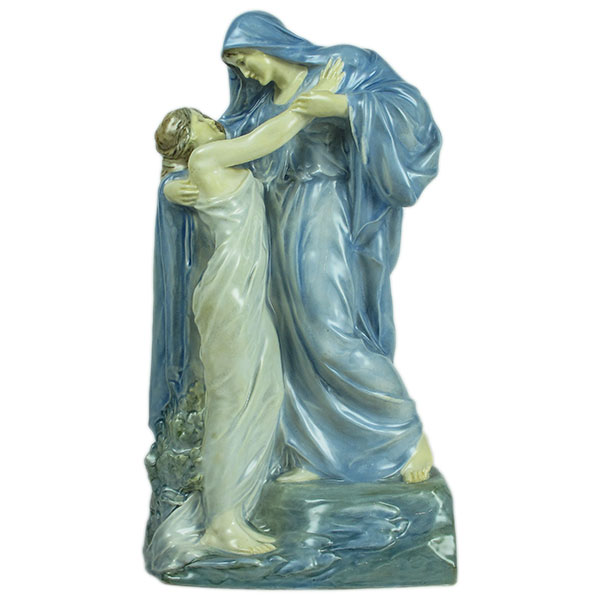
Royal Doulton Return of Persephone by C. Vyse
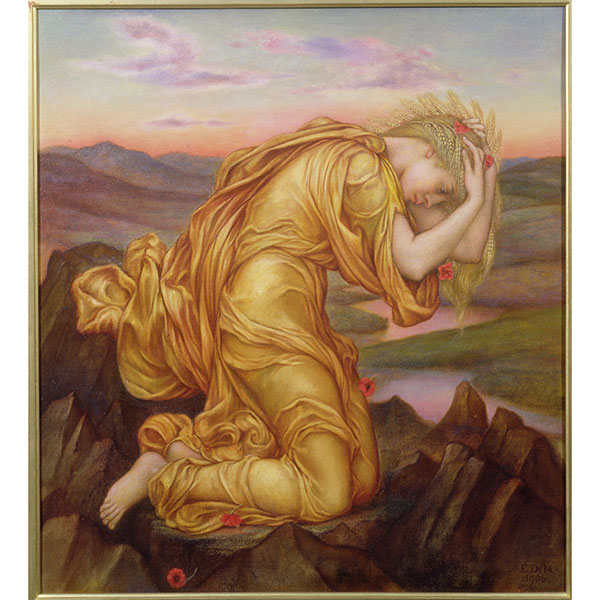
Demeter Mourning for Persephone by E. De Morgan
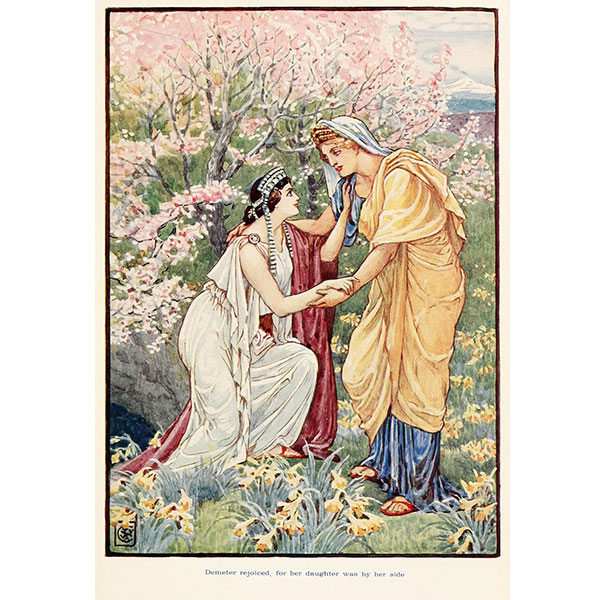
Demeter & Persephone by W. Crane
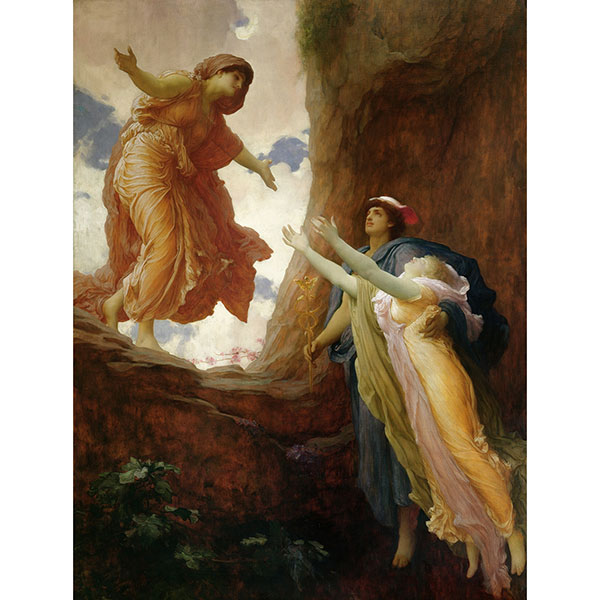
Return of Persephone by F. Leighton
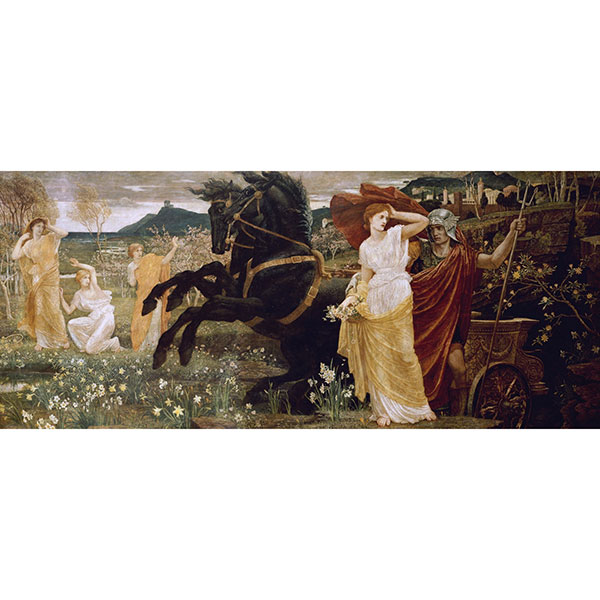
Fate of Persephone by W. Crane
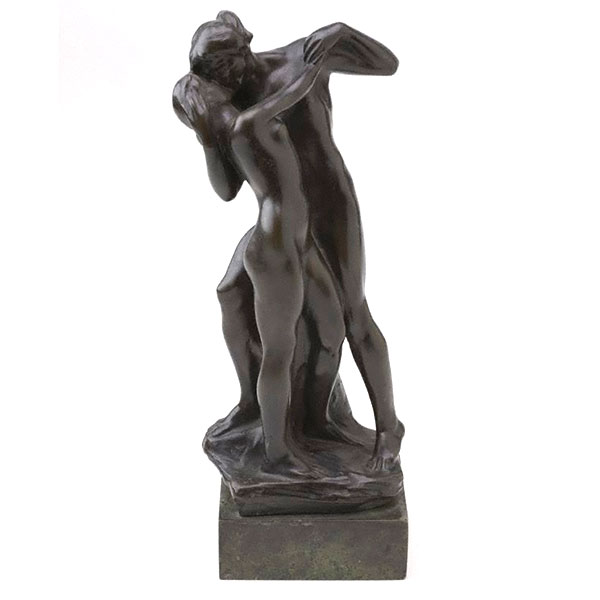
The Kiss by C. Vyse
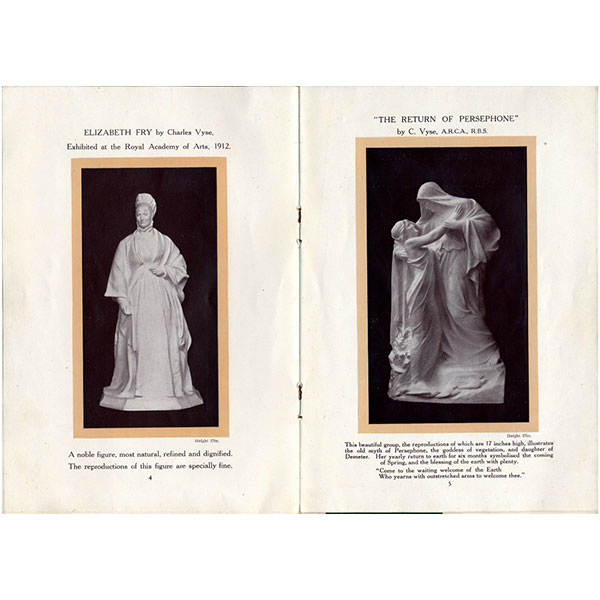
Charles Vyse catalog page
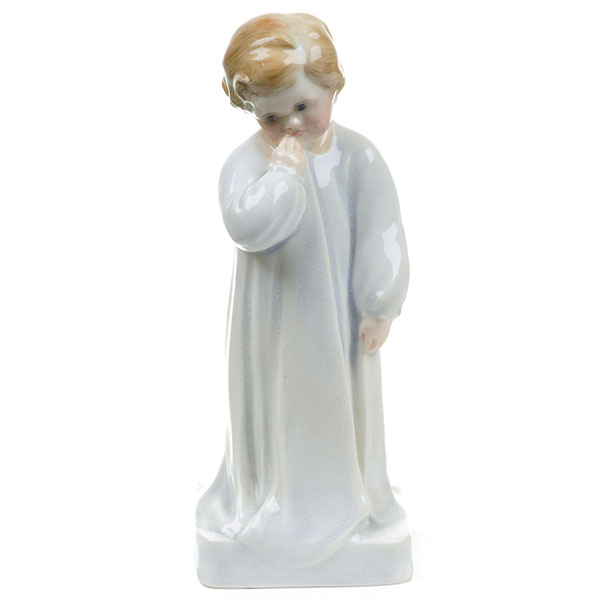
Royal Doulton Darling HN1
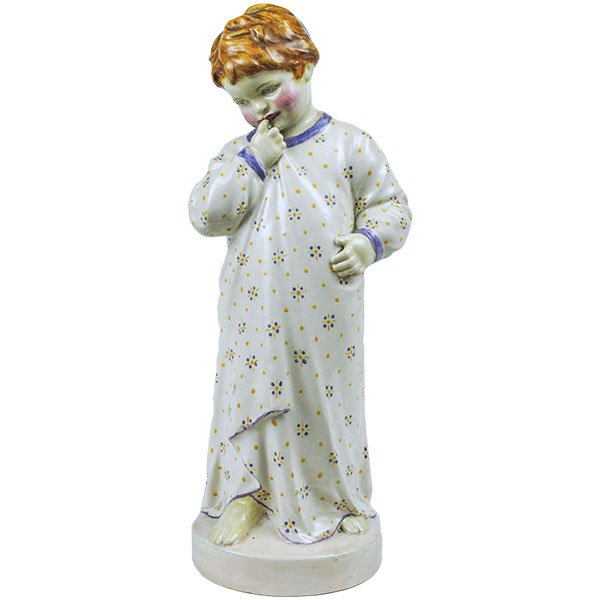
Charles Vyse Bedtime
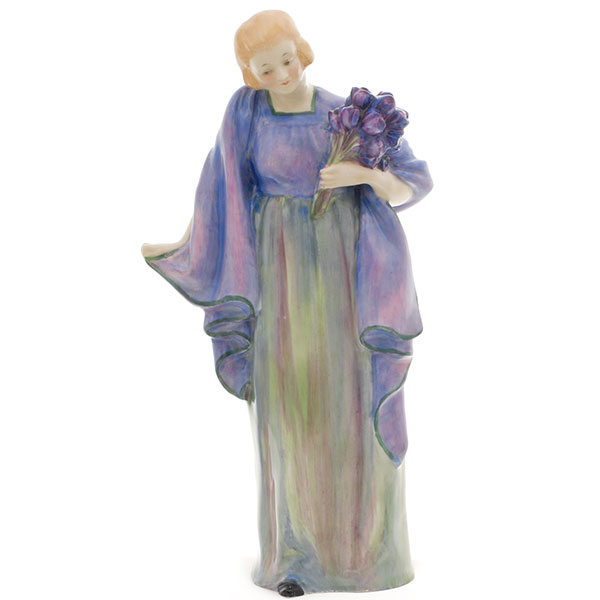
Royal Doulton Tulips
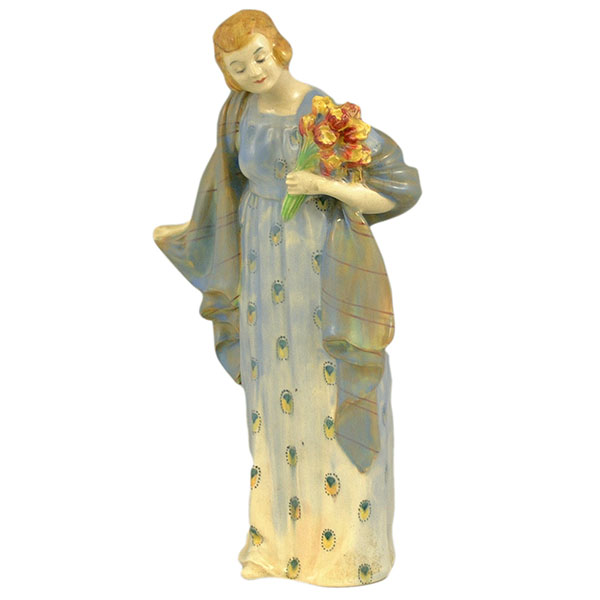
Royal Doulton Tulips
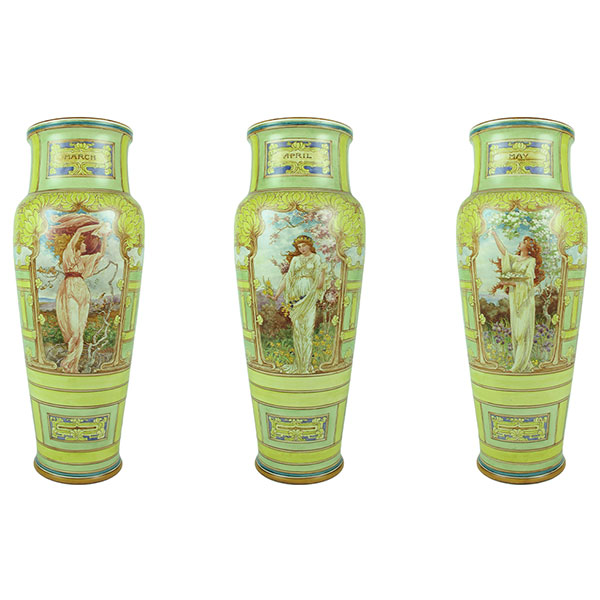
Doulton Lambeth 3 Sided Spring Vase
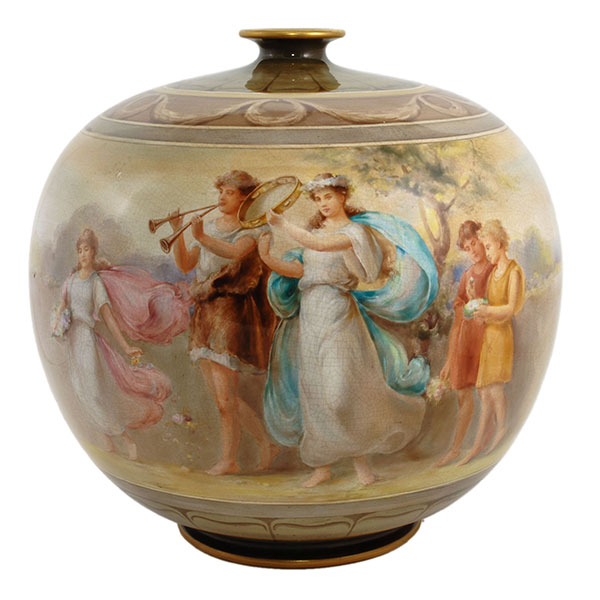
Royal Doulton Luscian Ware Vase Arrival of Spring by G. White
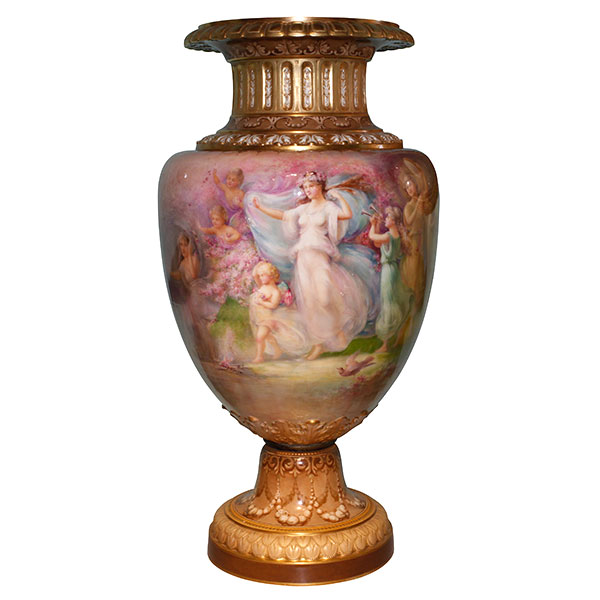
Royal Doulton Exhibition Vase Coming of Spring by G. White
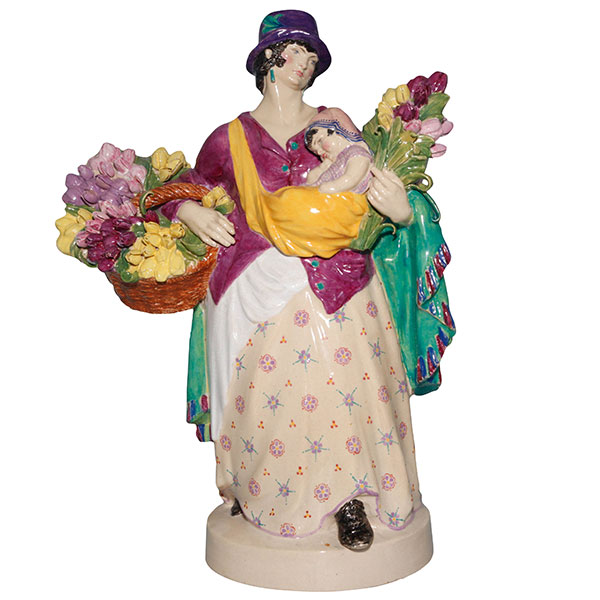
Charles Vyse Tulip Woman
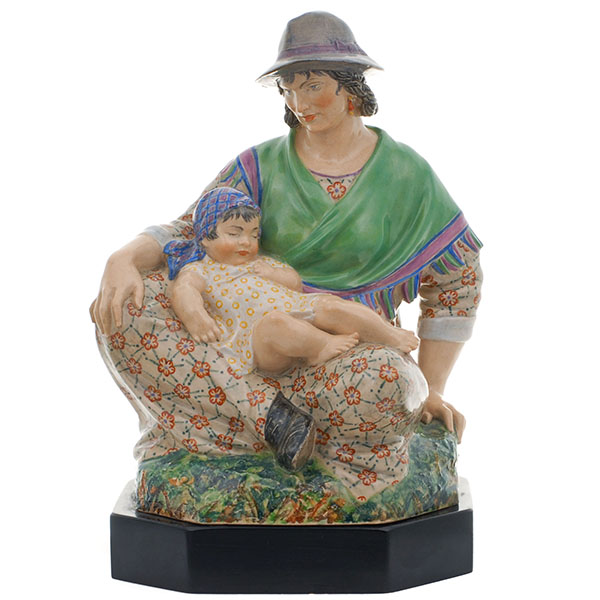
Charles Vyse Midday Rest
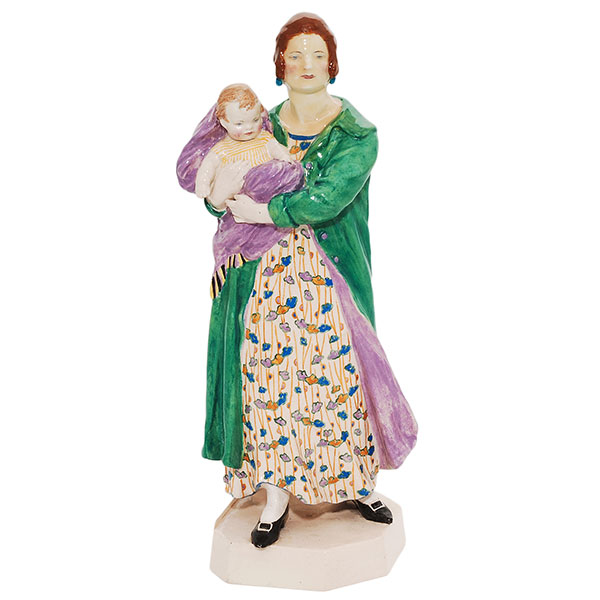
Charles Vyse Madonna of the World's End Passage
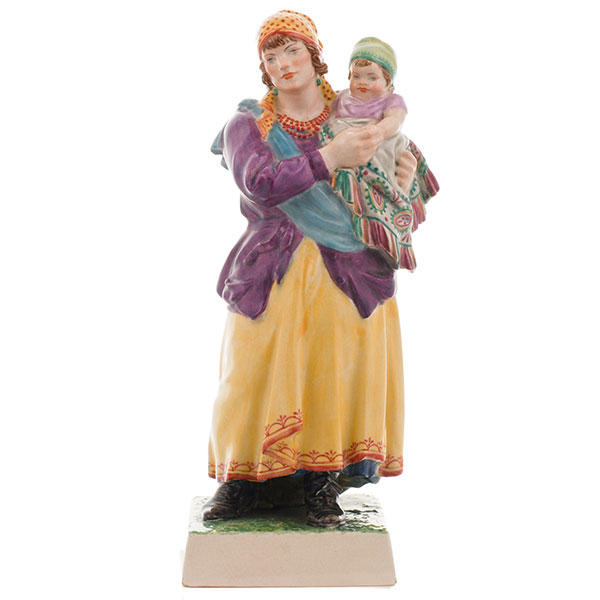
Charles Vyse Madonna of the Racecourse
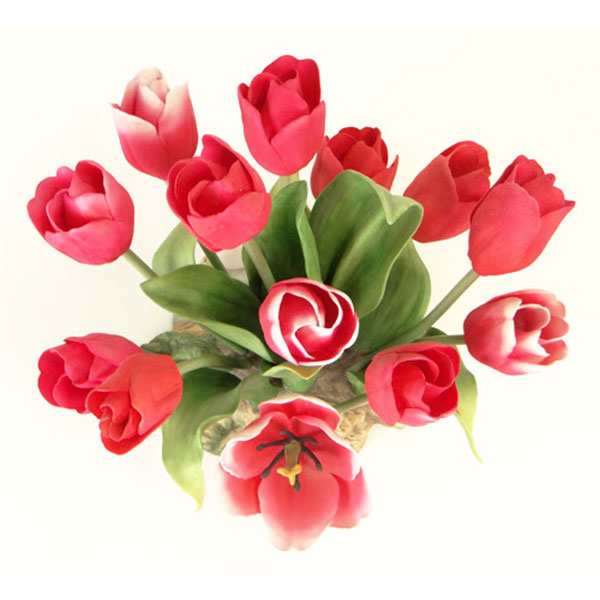
Boehm Red Tulips
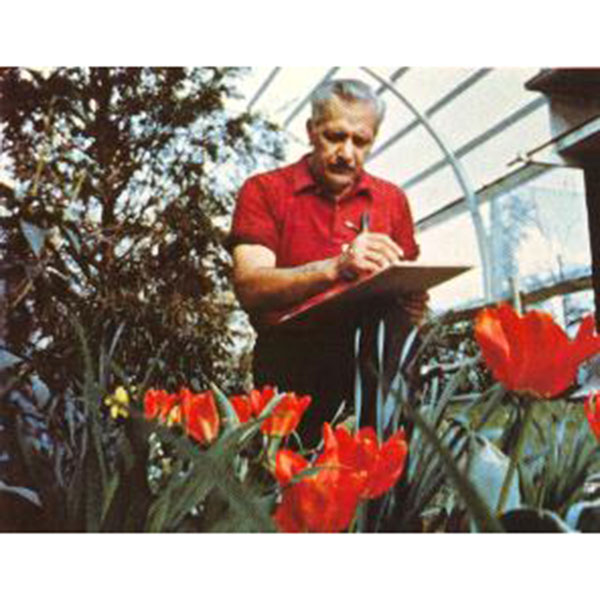
Edward Marshall Boehm
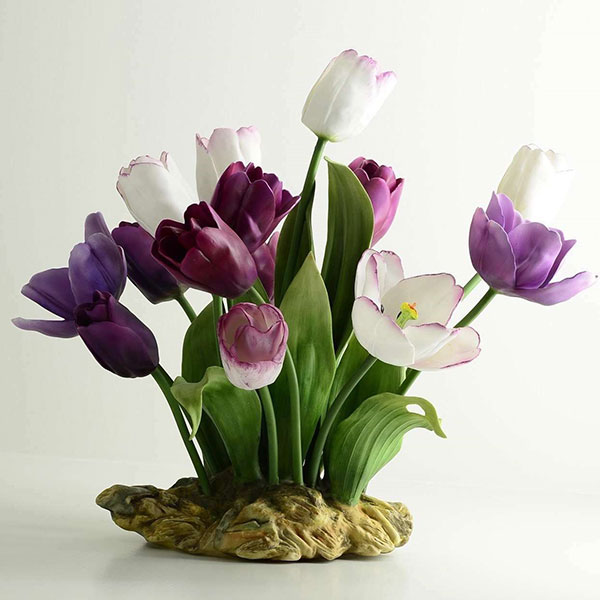
Boehm Purple Passion Tulips
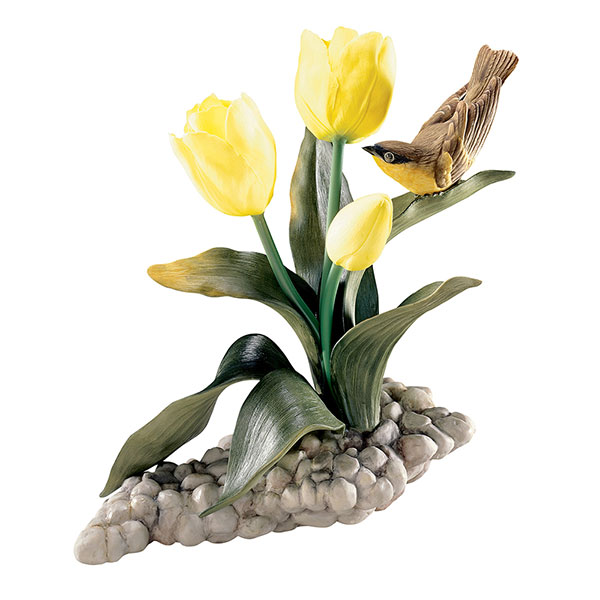
Boehm Yellow Throated Warbler with Tulips
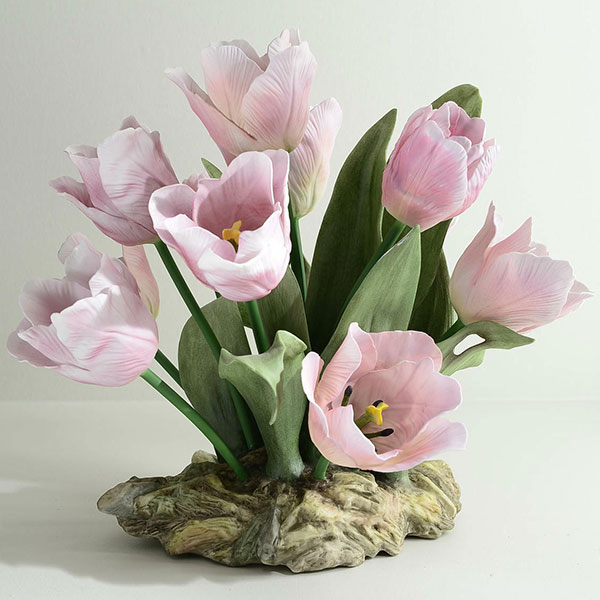
Boehm Pink Parrot Tulips
